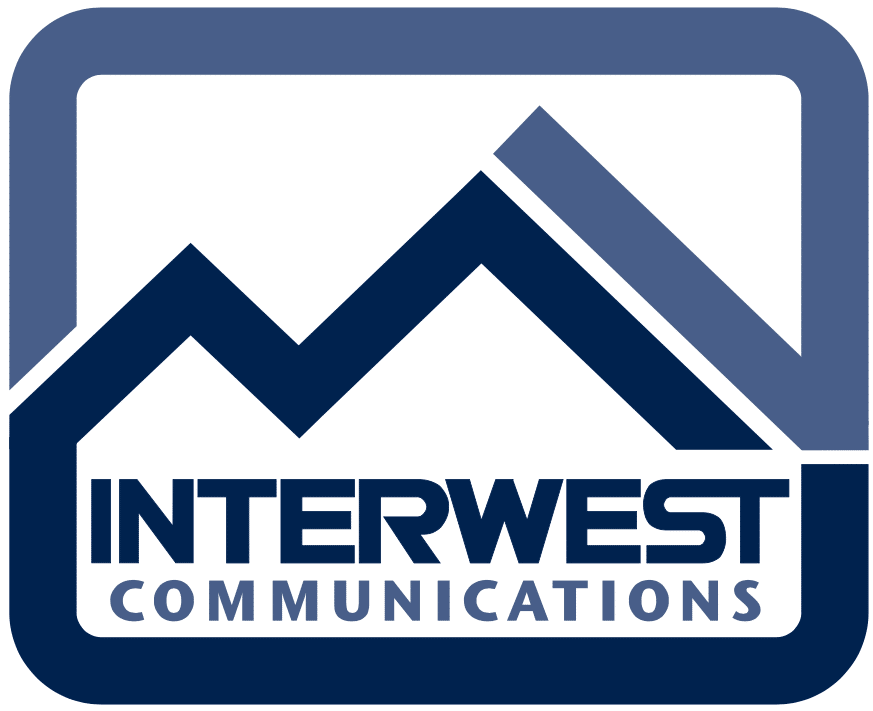- May 8, 2025
- Posted by: Interwest Communications Team
- Categories: News, Uncategorized

Originally posted on February 1, 2023 @ 8:11 pm

How Long Should a Business Keep Security Footage?
As a business owner, you must keep your investment protected against losses such as theft from your employees or the public, slip and fall accidents, and more. One of the best ways of doing this is having a reliable video surveillance system.
Video surveillance systems collect vital footage that can work as crucial evidence of a security breach. The systems have storage spaces that can handle large volumes of data. The question is, how long should a business keep security camera footage? In this article, we will explore some best practices and legal requirements and help you make the best decision for your business.
Legal Requirements for Retaining Security Footage
Understanding video surveillance retention laws and requirements can be challenging, especially if you have businesses in different states. Since the laws surrounding video surveillance and security cameras vary according to state and federal regulations, you must understand and adhere to all applicable laws.
Additionally, there are industry-specific retention requirements that some businesses have to follow.
Federal Laws and Regulations
To comply with federal and state regulations, businesses can only retain security footage for a certain period of time. This is according to the U.S. Department of Interior. The retention laws and requirements depend on the security incident and the type of business.
State Laws and Regulations
Apart from Federal laws, each state has specific retention regulations. This depends on local and state laws. In states where gambling is legal, casinos must keep their footage for 60 days in case of a criminal or any suspicious activity.
Industry-Specific Regulations
Businesses that handle sensitive information, such as the finances and healthcare industries, have different retention regulations. U.S. financial institutions must comply with regulations from Federal Deposit Insurance Corporation (FDIC), which states that they must have remote video surveillance.
Depending on your business, you must comply with all Federal, state, and industry-specific requirements.
Factors Affecting the Retention Period
Several things can determine the video surveillance retention period. Since improper retention and disposal of security footage can result in financial and legal penalties like lawsuits and fines, it is important to know how long you should retain footage and for how long. Here are some factors that affect retention periods.
Type of Business
The type of business you run will determine how long you can keep your video surveillance footage. Industries such as finance and healthcare have more stringent retention requirements when compared to businesses like a retail stores.
For example, a daycare business may need to worry about abuse and abduction, and a retail store needs to worry about shoplifting and theft. Such businesses can review and purge their footage after 30 days or any period if there’s no report of abuse or theft.
Type of Security Incident
The occurrence of a security incident and the type of incident will also determine how long a business should keep security footage. Suppose the incident results in a lawsuit, such as a personal injury lawsuit after a slip and fall accident or a medical malpractice lawsuit. You will have to keep the footage for a longer period of time or until the case is settled.
Insurance and Liability Considerations
If you are concerned about incidents in your business premises, you may want to keep the footage for longer. To prevent lawsuits and losses, business insurance providers may require a business to keep their footage for longer.
This is especially for customer-centric businesses whose customers might come back to complain after some time or file a lawsuit. Also, keep footage of any reported incidents safely and separately.
Best Practices for Retaining Security Footage
The type of video surveillance system you have should be based on the unique needs of your business and the settings. No matter the type of system you have, here are some best practices for retaining security footage that will help protect your business.
Creating a Written Retention Policy
It is important to have a written policy regarding the use and retention of video footage recorded from surveillance cameras. This policy should include clear information on what images and video footage can be used, who is authorized to review or copy the footage, and under what circumstances it should be copied or deleted.
The policy should also identify what is considered an inappropriate use of video surveillance footage and the disciplinary actions that will be taken in case of a violation. Ensure that everyone in the company knows the policy and understands their roles and responsibilities.
Regularly Reviewing and Purging Footage
Storing footage for a long period of time can be expensive. To release storage space, save money, and increase efficiency, businesses must regularly review and purge their video footage.
According to a survey by the Security Industry Association, the average retention period for security footage is 30 days. However, this depends on the type of business and the existence of an incident. Suppose there are no major incidences. Review and delete footage to free up space.
Ensuring the Security and Confidentiality of Footage
Given the potential vulnerabilities and attacks, you must ensure the security and confidentiality of video footage. This means limiting the number of people who have access to the surveillance equipment or data.
Business surveillance footage can contain sensitive information about the business and customers. It is crucial to ensure the system is safe from any attack or tampering. Login information like passwords and usernames should only be given to trusted users or managers who have been thoroughly vetted.
Additionally, have a written incident log for employees to record the exact date and time of an incident. Documenting a clear timeline will help reduce the amount of time and resources spent to locate the required video footage.
Conclusion
It is important to learn the state and federal legal video surveillance retention requirements that apply to your business and how best to retain security footage. This way, you can prevent lawsuits and fines and save your company money. It may be best to seek legal and professional advice to ensure your business is compliant. Contact us and learn how Interwest Communications can help your business thrive.
